Discover Restitutio
Restitutio

Restitutio
Author: Sean P Finnegan
Subscribed: 227Played: 11,616Subscribe
Share
© 2023 Restitutio
Description
Restitutio is a Christian theology podcast designed to get you thinking about biblical theology, church history, and apologetics in an effort to recover the original Christian faith of Jesus and the apostles apart from all of the later traditions that settled on it like so much sediment, obscuring and mutating primitive Christianity into dogma and ritual. Pastor Sean Finnegan, the host of Restitutio, holds to a Berean approach to truth: that everyone should have an open mind, but check everything against the bible to see how it measures up. If you are looking for biblical unitarian resources, information about the kingdom of God, or teachings about conditional immortality, Restitutio is the Christian podcast for you!
583 Episodes
Reverse
Today we’re beginning something new. I’ve been working on this class on 1 Corinthians for months and months. I had taken classes on 1 Corinthians at Boston University twice. The first time we just read through the entire epistle in Greek. The second time was when we learned about what modern scholars said about Corinth. I’ve taught this epistle in the past both in a home bible study (in Rhode Island) and at the college level (in Georgia). Then, last April I had the opportunity to visit many ancient cities in both Turkey and Greece, including Corinth, which gave me first-hand knowledge and experience with the site and the museum. Then we hiked up the Acrocorinth to get a good view of the ocean and the ancient site. From all of this I’ve put together a class on 1 Corinthians that I hope will make the Bible come alive for you in a new and exciting way.
Now, when most people pick up their Bibles and read 1 Corinthians, they approach it as if this was a modern document addressing our concerns today. Of course, there is a lot in 1 Corinthians that directly applies to us today, but there’s also a huge potential for misunderstanding when we read today’s issues and categories into Scripture. A better approach, and the approach I’ll be taking in this class, is to do the hard work of adjusting our minds to think like they thought in their time and place. When we do that we can see through their eyes and this will tremendously help us to understand what Paul was doing in the epistle he wrote them. Today is an introduction to the city of Corinth to help you start getting your bearings. Then next week we’ll look at what happened when Paul came there.
Listen to this episode on Spotify or Apple Podcasts
—— Links ——
See all the episodes in this class: 1 Corinthians in Context
Check out Sean’s other classes here
Get the transcript of this episode
Support Restitutio by donating here
Join our Restitutio Facebook Group and follow Sean Finnegan on Twitter @RestitutioSF
Leave a voice message via SpeakPipe with questions or comments and we may play them out on the air
Intro music: Good Vibes by MBB Attribution-ShareAlike 3.0 Unported (CC BY-SA 3.0) Free Download / Stream: Music promoted by Audio Library.
Who is Sean Finnegan? Read his bio here
Get Finnegan’s book, Kingdom Journey to learn about God’s kingdom coming on earth as well as the story of how Christianity lost this pearl of great price.
As we left things last time, Vaughn Madsen of New Zealand had been on a quest for biblical truth that resulted in repeated rejection from churches and Bible studies. Apart from his kids, Vaughn was alone. He met a couple of random people in street evangelism who agreed with him about Jesus, but that was it… for years. Even his wife, Sharon, didn’t agree with him. No matter how much he tried, he couldn’t manage to convince her otherwise. He prayed and prayed. He waited. He was patient. Then in the last two years something changed. Today you’ll find out what that was as we listen in to the exciting conclusion of the story.
Listen to this episode on Spotify or Apple Podcasts
—— Links ——
Get the transcript of this episode
Support Restitutio by donating here
Join our Restitutio Facebook Group and follow Sean Finnegan on Twitter @RestitutioSF
Leave a voice message via SpeakPipe with questions or comments and we may play them out on the air
Intro music: Good Vibes by MBB Attribution-ShareAlike 3.0 Unported (CC BY-SA 3.0) Free Download / Stream: Music promoted by Audio Library.
Who is Sean Finnegan? Read his bio here
Get Finnegan’s book, Kingdom Journey to learn about God’s kingdom coming on earth as well as the story of how Christianity lost this pearl of great price.
Vaughn Madsen was a simple kiwi farmer who subscribed to evangelical Christianity in New Zealand. No, he wasn’t farming kiwis. A kiwi is what you call someone from New Zealand. Anyhow, like I said, he was a devout member of his local church when he came across a presentation by Warren Prestige about the state of the dead. Although he had always believed his deceased loved ones were in heaven, this presentation provided extensive biblical evidence that the dead–both righteous and unrighteous–are asleep until the resurrection happens at the coming of Christ. Sometime later his brother prompted him to explore the Trinity. After looking through the scriptures on the topic, Vaughn concluded that the Father of Jesus alone was God. Still later, he came across Paul Washer’s preaching on repentance and adopted the view that obedience–not just belief–was necessary. At every stage of his journey he faced resistance, rebuke, and rejection and still, somehow, he kept going. Join me as we listen in to Vaughn’s incredible journey pursuing truth no matter the cost.
Listen to this episode on Spotify or Apple Podcasts
—— Links ——
Get the transcript of this episode
Support Restitutio by donating here
Join our Restitutio Facebook Group and follow Sean Finnegan on Twitter @RestitutioSF
Leave a voice message via SpeakPipe with questions or comments and we may play them out on the air
Intro music: Good Vibes by MBB Attribution-ShareAlike 3.0 Unported (CC BY-SA 3.0) Free Download / Stream: Music promoted by Audio Library.
Who is Sean Finnegan? Read his bio here
Get Finnegan’s book, Kingdom Journey to learn about God’s kingdom coming on earth as well as the story of how Christianity lost this pearl of great price.
Happy New Year everyone! Have you started to think about what you want to change in this coming year? Today we’re going to listen to a powerful message by Dr. Jerry Wierwille about standing strong in the Lord. The world is always pressing on us, squeezing us into its mold. How can we resist? What can we do? In this sermon Wierwille explains how putting on the armor of God will empower you to withstand the darts that come your way. Turning to God as your protector and refuge will help you stand strong today and throughout the coming year.
Listen to this episode on Spotify or Apple Podcasts
—— Links ——
Get the transcript of this episode
Support Restitutio by donating here
Join our Restitutio Facebook Group and follow Sean Finnegan on Twitter @RestitutioSF
Leave a voice message via SpeakPipe with questions or comments and we may play them out on the air
Intro music: Good Vibes by MBB Attribution-ShareAlike 3.0 Unported (CC BY-SA 3.0) Free Download / Stream: Music promoted by Audio Library.
Who is Sean Finnegan? Read his bio here
Get Finnegan’s book, Kingdom Journey to learn about God’s kingdom coming on earth as well as the story of how Christianity lost this pearl of great price.
Does the New Testament refer to Jesus as God? Though this is an important question, it’s only a starting point for wrestling with who Jesus is. In what follows we’ll consider the evidence from five scholars on what texts they say attribute deity to Christ. Then we’ll examine the biblical evidence that pulls in the opposite direction, suggesting that Jesus was not God. Lastly, we’ll examine five major possibilities for interpreting this data, including trinitarianism, modalism, Arianism, Greco-Roman polytheism, and biblical unitarianism.
Listen to this episode on Spotify or Apple Podcasts
—— Links ——
Get the transcript of this episode
Also see Five Major Problems with the Trinity
Support Restitutio by donating here
Join our Restitutio Facebook Group and follow Sean Finnegan on Twitter @RestitutioSF
Leave a voice message via SpeakPipe with questions or comments and we may play them out on the air
Intro music: Good Vibes by MBB Attribution-ShareAlike 3.0 Unported (CC BY-SA 3.0) Free Download / Stream: Music promoted by Audio Library.
Who is Sean Finnegan? Read his bio here
Get Finnegan’s book, Kingdom Journey to learn about God’s kingdom coming on earth as well as the story of how Christianity lost this precious pearl of great price.
Have you heard of Hippolytus’s Refutation of All Heresies? Written not long after 222 A.D. this book works through dozens of heresies–beliefs that the author disagreed with. Some scholars have argued against Hippolytus as the author, preferring to call him pseudo-Hippolytus. But regardless of who wrote the tome, the fact is that this huge book was the mature result of nearly seventy years of Christians cataloging heresies. In each case the next generation typically included much of what had come before and this book is no exception. It’s a massive tome, totaling more than 400 pages long in the most recent translation by David Litwa.
In this talk, delivered at the 2024 UCA conference held in Little Rock, Arkansas, Dr. Dale Tuggy draws on the Refutation of All Heresies to catalog the major christological options that were known to the author in the third century. Excluding all the gnostic groups, Tuggy identifies three broad groups of Christians who held very different ideas about Christ: the Dynamic Monarchians, the Modalistic Monarchians, and the Logos Incarnationists. Or to use the parlance of today, biblical unitarians, oneness believers, and Arians.
But, what about the Trinity? Where was it? Why didn’t pseudo-Hippolytus mention three persons in one being? Surely hundreds of millions of Christians who say the Church has always believed in the Trinity from the beginning can’t be wrong, can they? Listen in to this talk to find out.
Dale Tuggy is an analytic philosopher specializing in Trinity theories. He’s the author of the Trinity article in the Stanford Encyclopedia of Philosophy as well as the book What Is the Trinity, which gives a brief introduction to the various Trinity models and their problems. A month ago, a new book came out that he contributed to called One God, Three Persons, Four Views, in which he debated various Trinitarian scholars, putting forward his own non-trinitarian view as an alternative. Find out more about Tuggy and his work at his blog: Trinities.org.
In what follows he lays out the various christologies in the period before Nicea as well as explains quotations by Athenagoras and Mileto that modern trinitarian defenders use to prove that the Trinity was there in the second century. Lastly, he provides evidence for which view he thinks was the majority in the second and third centuries.
Listen to this episode on Spotify or Apple Podcasts
—— Links ——
Get the transcript of this episode
Check out these other episodes with Dale Tuggy
Support Restitutio by donating here
Join our Restitutio Facebook Group and follow Sean Finnegan on Twitter @RestitutioSF
Leave a voice message via SpeakPipe with questions or comments and we may play them out on the air
Intro music: Good Vibes by MBB Attribution-ShareAlike 3.0 Unported (CC BY-SA 3.0) Free Download / Stream: Music promoted by Audio Library.
Who is Sean Finnegan? Read his bio here
Get Finnegan’s book, Kingdom Journey to learn about God’s kingdom coming on earth as well as the story of how Christianity lost this precious pearl of great price.
Have you ever noticed that the New Testament authors love to quote the Old Testament? This happens hundreds of times. Sometimes the quotation is direct, other times it is a paraphrase, still others a New Testament author will allude to the Old Testament. In today’s episode, we’re going to hear Dr. Jerry Wierwille explaining what Paul did in Romans 10.13 when he quoted Joel’s prophecy and applied it to Jesus.
Not only will this presentation help you to understand Romans 10.13 better, it will open your eyes to the various interpretive methods that first-century Jews used when quoting the Old Testament and applying it to various situations.
Dr. Wierwille has been a frequent guest on Restitutio over the years so many of you will be familiar with him. Nevertheless, let me give you a brief bio. Wierwille’s first love was science and so his Ph. D. is in biodmedical engineering. After that he shifted his interest to NT studies and earned both an MTS and an MDiv with a focus on Pauline literature. Now he’s working on a Ph. D. in NT at Stellenbosch University. He’s also the lead translator for Revised English Version and the director of research at Spirit and Truth. He is a teaching elder at Living Hope Community Church where I serve as the lead pastor.
Listen to this episode on Spotify or Apple Podcasts
—— Links ——
Get the transcript of this episode
Check out these other episodes with Jerry Wierwille
Support Restitutio by donating here
Join our Restitutio Facebook Group and follow Sean Finnegan on Twitter @RestitutioSF
Leave a voice message via SpeakPipe with questions or comments and we may play them out on the air
Intro music: Good Vibes by MBB Attribution-ShareAlike 3.0 Unported (CC BY-SA 3.0) Free Download / Stream: Music promoted by Audio Library.
Who is Sean Finnegan? Read his bio here
Get Finnegan’s book, Kingdom Journey to learn about God’s kingdom coming on earth as well as the story of how Christianity lost this precious pearl of great price.
Has anyone ever said to you, “Oh, you believe Jesus is just a mere man.” How do you respond when someone says that? Do you just go along with it and say, “Yep, that’s what I believe–Jesus is just another guy”? I hope not.
Jesus is not just another guy. He’s the virginally-conceived son of God who lived righteously without sin, healed dozens (maybe hundreds) of people, preached tirelessly about the kingdom, taught the Bible and how to live, performed many miracles and exorcisms, voluntarily died for our sins as a perfect sacrifice. Then God raised him from the dead and he ascended to God’s right hand from which place he is the head of the church and from which place he will come again on the last day to establish God’s reign upon the earth.
This doesn’t sound like just another guy to me.
Even so, Jesus’s unprecedented and magnificent accomplishments don’t make him God either. He is a genuine, authentic, 100% human being. He shows us what God can do with a human being who wholly submits to God in everything. In today’s episode Anna Brown will draw upon the Bible and the ancient Near Eastern background to show that humans can bear God’s image, representing him on earth. Although some allege that Jesus had to be God to succeed, Brown shows in her presentation that it was actually Christ’s humanity that equipped him to stand in for God as his quintessential image.
Anna Brown grew up in Oregon and graduated from Hillsdale College with a Bachelor’s in Economics. Fluent in Spanish and learning Hebrew, she has traveled in Europe, Australia, and Israel, and lived in Spain. She currently resides in Louisville, Kentucky, with her husband and two children, where she does marketing and publishing for Living Hope International Ministries.
Listen to this episode on Spotify or Apple Podcasts
—— Links ——
Get the transcript of this episode
Support Restitutio by donating here
Join our Restitutio Facebook Group and follow Sean Finnegan on Twitter @RestitutioSF
Leave a voice message via SpeakPipe with questions or comments and we may play them out on the air
Intro music: Good Vibes by MBB Attribution-ShareAlike 3.0 Unported (CC BY-SA 3.0) Free Download / Stream: Music promoted by Audio Library.
Who is Sean Finnegan? Read his bio here
Get Finnegan’s book, Kingdom Journey to learn about God’s kingdom coming on earth as well as the story of how Christianity lost this precious pearl of great price.
Happy Thanksgiving everyone. Now I realize many of you are listening from other countries outside the USA, so you may not have this holiday where you live. That’s fine. Still, I do appreciate how we set aside a day each year in this country to practice gratitude. In what follows we’ll consider a great biblical example of thankfulness: Hannah. My hope is that by considering her amazing story, you will be inspired to give God thanks for your blessings. And this message about gratitude is relevant any day of the year.
Listen to this episode on Spotify or Apple Podcasts
—— Links ——
Get the transcript of this episode
Support Restitutio by donating here
Join our Restitutio Facebook Group and follow Sean Finnegan on Twitter @RestitutioSF
Leave a voice message via SpeakPipe with questions or comments and we may play them out on the air
Intro music: Good Vibes by MBB Attribution-ShareAlike 3.0 Unported (CC BY-SA 3.0) Free Download / Stream: Music promoted by Audio Library.
Who is Sean Finnegan? Read Sean’s bio here
Cayce Fletcher is the host of A More Beautiful Life Collective, a blog, a YouTube channel, and a podcast. She releases a new show each week on making theology practical and developing a more beautiful life. As a wife, mother, and homemaker she appeals more to women than men, but I personally–as a man–have found much of her contact about lifestyle really helpful and I recommend it to you. In this interview, she shares about her journey of faith, why she made the show, systematic theology, and leading a good, true, and beautiful life.
Listen to this episode on Spotify or Apple Podcasts
—— Links ——
Get the transcript of this episode
Support Restitutio by donating here
Join our Restitutio Facebook Group and follow Sean Finnegan on Twitter @RestitutioSF
Leave a voice message via SpeakPipe with questions or comments and we may play them out on the air
Intro music: Good Vibes by MBB Attribution-ShareAlike 3.0 Unported (CC BY-SA 3.0) Free Download / Stream: Music promoted by Audio Library.
Who is Sean Finnegan? Read Sean’s bio here
It’s easy for complacency to set in our walk with God. It’s easy to settle into apathy with respect to spiritual growth. It’s easy to stop dreaming about what God can do in our lives. Today we’ll hear another message from Revive earlier this year–this one from yours truly. We’ll consider three examples of people who pursued blessing from God: Jabez, Rahab, and Jacob. This episode should nicely round out our four-part series on walking with God.
Listen to this episode on Spotify or Apple Podcasts
—— Links ——
Get the transcript of this episode
Support Restitutio by donating here
Join our Restitutio Facebook Group and follow Sean Finnegan on Twitter @RestitutioSF
Leave a voice message via SpeakPipe with questions or comments and we may play them out on the air
Intro music: Good Vibes by MBB Attribution-ShareAlike 3.0 Unported (CC BY-SA 3.0) Free Download / Stream: Music promoted by Audio Library.
Who is Sean Finnegan? Read Sean’s bio here
Over our last two episodes we’ve been hearing from Pastor Bob Carden on the topic of healing and walking by the spirit. Today I’d like to play out a sermon by Carden’s successor, Garrett Bova who is the lead pastor now at Align Ministries. Now I realize his message will challenge some of you to consider speaking prophetically in a way that may be foreign to you. All I ask is that you hear him out. He talks about the power of words of encouragement and speaking blessings over people.
Listen to this episode on Spotify or Apple Podcasts
—— Links ——
Visit the Align Ministries website for more about Garrett Bova
Get the transcript of this episode
Support Restitutio by donating here
Join our Restitutio Facebook Group and follow Sean Finnegan on Twitter @RestitutioSF
Leave a voice message via SpeakPipe with questions or comments and we may play them out on the air
Intro music: Good Vibes by MBB Attribution-ShareAlike 3.0 Unported (CC BY-SA 3.0) Free Download / Stream: Music promoted by Audio Library.
Who is Sean Finnegan? Read Sean’s bio here
Comparing the Hebrew of Isaiah 9.6 to most popular English translations results in some serious questions. Why have our translations changed the tense of the verbs from past to future? Why is this child called “Mighty God” and “Eternal Father”? In this presentation I work through Isaiah 9.6 line by line to help you understand the Hebrew. Next I look at interpretive options for the child as well as his complicated name. Not only will this presentation strengthen your understanding of Isaiah 9.6, but it will also equip you to explain it to others.
Listen to this episode on Spotify or Apple Podcasts
—— Links ——
See my other articles here
Check out my class: One God Over All
Get the transcript of this episode
Support Restitutio by donating here
Join our Restitutio Facebook Group and follow Sean Finnegan on Twitter @RestitutioSF
Leave a voice message via SpeakPipe with questions or comments and we may play them out on the air
Intro music: Good Vibes by MBB Attribution-ShareAlike 3.0 Unported (CC BY-SA 3.0) Free Download / Stream: Music promoted by Audio Library.
Who is Sean Finnegan? Read Sean’s bio here
Below is the paper presented on October 18, 2024 in Little Rock, Arkansas at the 4th annual UCA Conference. Access this paper on Academia.edu to get the pdf. Full text is below, including bibliography and end notes.
Abstract
Working through the grammar and syntax, I present the case that Isaiah 9:6 is the birth announcement of a historical child. After carefully analyzing the name given to the child and the major interpretive options, I make a case that the name is theophoric. Like the named children of Isaiah 7 and 8, the sign-child of Isaiah 9 prophecies what God, not the child, will do. Although I argue for Hezekiah as the original fulfillment, I also see Isaiah 9:6 as a messianic prophecy of the true and better Hezekiah through whom God will bring eternal deliverance and peace.
Introduction
Paul D. Wegner called Isaiah 9:6[1] “one of the most difficult problems in the study of the Old Testament.”[2] To get an initial handle on the complexities of this text, let’s begin briefly by comparing the Hebrew to a typical translation.
Isaiah 9:6 (BHS[3])
כִּי־יֶ֣לֶד יֻלַּד־לָ֗נוּ בֵּ֚ן נִתַּן־לָ֔נוּ וַתְּהִ֥י הַמִּשְׂרָ֖ה עַל־שִׁכְמ֑וֹ וַיִּקְרָ֨א שְׁמ֜וֹ פֶּ֠לֶא יוֹעֵץ֙ אֵ֣ל גִּבּ֔וֹר אֲבִיעַ֖ד שַׂר־שָׁלֽוֹם׃
Isaiah 9:6 (ESV)
For to us a child is born, to us a son is given; and the government shall be upon his shoulder, and his name shall be called Wonderful Counselor, Mighty God, Everlasting Father, Prince of Peace.
Curiosities abound in the differences between these two. The first two clauses in English, “For to us a child is born” and “to us a son is given,” employ the present tense while the Hebrew uses the perfect tense, i.e. “to us a child has been born.”
This is part two of my conversation with Bob Carden who served as the lead pastor of Grace Christian Fellowship for decades before retiring. (The church is now called Align Ministries, led by Garrett Bova.) Continuing on the topic of healing and deliverance from last week, we begin by talking about evil spirits and pornography addiction. Next we spend a good deal of time discussing how Align Ministries enables holy spirit activity during their weekly services. Carden ends with a challenge, saying, "Put yourself out there for God. Don't be afraid to attempt something the Bible says you should be able to do."
Listen to this episode on Spotify or Apple Podcasts
—— Links ——
Learn more about Bob Carden at Align Ministries
Get Carden's book, One God: The Unfinished Reformation
Get the transcript of this episode
Support Restitutio by donating here
Join our Restitutio Facebook Group and follow Sean Finnegan on Twitter @RestitutioSF
Leave a voice message via SpeakPipe with questions or comments and we may play them out on the air
Intro music: Good Vibes by MBB Attribution-ShareAlike 3.0 Unported (CC BY-SA 3.0) Free Download / Stream: Music promoted by Audio Library.
Who is Sean Finnegan? Read Sean's bio here
People need the touch of God in their lives. People are broken, wounded, and sick. Jesus Christ has already come and made available deliverance from sin and its consequences. He did this throughout his ministry and continues to bring healing through his church today. Bob Carden shares about his own journey of faith from Catholicism to the Way Ministry to pastoring a non-denominational church in Naperville, IL. Now retired, he relates his decades-long pursuit of the miraculous, especially deliverance and healing. Now I realize this can be a controversial subject, which is why I'm so thankful for how Carden's kind and compassionate tone comes through in this conversation.
Listen to this episode on Spotify or Apple Podcasts
—— Links ——
Learn more about Bob Carden at Align Ministries
Get Carden's book, One God: The Unfinished Reformation
Get the transcript of this episode
Support Restitutio by donating here
Join our Restitutio Facebook Group and follow Sean Finnegan on Twitter @RestitutioSF
Leave a voice message via SpeakPipe with questions or comments and we may play them out on the air
Intro music: Good Vibes by MBB Attribution-ShareAlike 3.0 Unported (CC BY-SA 3.0) Free Download / Stream: Music promoted by Audio Library.
Who is Sean Finnegan? Read Sean's bio here
Seneca Harbin became a Christian later in life through reading the Bible. However, when he was attending a megachurch in Indianapolis, he starting hearing the pastor preach about Christ in a way that seemed bizarre and unbiblical. To his surprise Seneca discovered that the vast majority of Christians held to these extra-biblical speculations about multiple persons in the godhead and dual natures of Christ. This set him on a quest to find others who, like him, preferred to stop where scripture stops and understand Jesus as the Messiah not a God man.
After relating his own spiritual journey, he talks about his recent book, The Cost of Truth, which adds in the testimonies of several others, including Bill Schlegel, Will Barlow, Johnny Barnes, Seth Ross, Susanne Lakin, Candise Tuggy, and Ryan Russell. I believe this book will fire you up. It's easy to get complacent, but this little book of testimonies shows us that God is not done yet. He's reaching people in our time, calling them out of darkness and confusion into his marvelous light.
Listen to this episode on Spotify or Apple Podcasts
—— Links ——
Pick up your copy of The Cost of Truth
Check out these other podcast interviews about leaving the Trinity.
Get the transcript of this episode
Support Restitutio by donating here
Join our Restitutio Facebook Group and follow Sean Finnegan on Twitter @RestitutioSF
Leave a voice message via SpeakPipe with questions or comments and we may play them out on the air
Intro music: Good Vibes by MBB Attribution-ShareAlike 3.0 Unported (CC BY-SA 3.0) Free Download / Stream: Music promoted by Audio Library.
Who is Sean Finnegan? Read Sean's bio here
Last week Dustin Smith and Sam Tideman discussed the intermediate state--what happens after death but before resurrection on the last day. Although most Christians affirm the folk idea of going immediately to heaven or hell at death, Smith and Tideman argue that the Bible teaches the dead are in Sheol or Hades. However they disagree on what's happening there. Smith holds to soul-sleep while Tideman believes the dead are conscious. We went through many scriptures last time, but today we'll discuss two critical texts on this subject: the witch of Endor and the parable of the rich man and Lazarus.
Listen to this episode on Spotify or Apple Podcasts
https://youtu.be/B42ZendSYJU
—— Links ——
More about Dustin Smith here
More about Sam Tideman here
Check out these other episodes discussing the intermediate state
Get the transcript of this episode
Support Restitutio by donating here
Join our Restitutio Facebook Group and follow Sean Finnegan on Twitter @RestitutioSF
Leave a voice message via SpeakPipe with questions or comments and we may play them out on the air
Intro music: Good Vibes by MBB Attribution-ShareAlike 3.0 Unported (CC BY-SA 3.0) Free Download / Stream: Music promoted by Audio Library.
Who is Sean Finnegan? Read Sean's bio here
Dustin Smith and Sam Tideman discuss whether people are conscious in the intermediate state (between death and resurrection). Interestingly, neither of them think the deceased are currently in heaven or hell. Smith affirms the sleep of the dead, seeing all the dead, whether good or bad, as unconscious and unaware of the passage of time. Tideman puts forward the idea that the souls of the dead are in a semi-conscious dreamlike state in a chamber called Sheol or Hades. Today is part one of their discussion in which both lay out their positions and then discuss Ecclesiastes 9.10 and Isaiah 14.9-11. This is part one of their conversation. Stay tuned for part two next week.
Dr. Dustin Smith currently serves as a New Testament scholar at Spartanburg Methodist College in South Carolina. Smith has authored or edited six books, including the 2024 monograph, Wisdom Christology in the Gospel of John. He is also the weekly host of the Biblical Unitarian Podcast.
Sam Tideman is a Harvard educated data scientist at Google who has keen interests in biblical studies, theology, and especially church history. He hosts the YouTube channel, "Transfigured," which has a total of nearly 250k views with interesting guests like Tim Mackie, Alister McGrath, and John Vervaeke.
https://youtu.be/v6IBqLHlzQ4
Listen to this episode on Spotify or Apple Podcasts
—— Links ——
More about Dustin Smith here
More about Sam Tideman here
Check out these other episodes discussing the intermediate state
Get the transcript of this episode
Support Restitutio by donating here
Join our Restitutio Facebook Group and follow Sean Finnegan on Twitter @RestitutioSF
Leave a voice message via SpeakPipe with questions or comments and we may play them out on the air
Intro music: Good Vibes by MBB Attribution-ShareAlike 3.0 Unported (CC BY-SA 3.0) Free Download / Stream: Music promoted by Audio Library.
Who is Sean Finnegan? Read Sean's bio here
This is part 5 of the Kingdom Seminar, based on the book Kingdom Journey.
This episode begins by delving into the history of how the theologians of the third and fourth centuries rejected the kingdom since they thought it was too crude, too hedonic, and too Jewish. Next I briefly cover three rediscovery movements, including the Anabaptists of the 16th century, the Adventists of the 19th century, and the New Testament scholars of the 20th century. Still, the majority of Christendom lies in the shadow of heaven-at-death mythology, hidden from the light of God's grand vision for our world. You and I have work to do. The kingdom of God is not a side doctrine--a footnote in eschatology. It's extremely important. We are kingdom ambassadors. And we have a winning message to tell the world.
https://youtu.be/QduueQxY-jo
Listen to this episode on Spotify or Apple Podcasts
—— Links ——
Get your copy of Kingdom Journey here.
Check out the full Kingdom Seminar series
Get the transcript of this episode
Support Restitutio by donating here
Join our Restitutio Facebook Group and follow Sean Finnegan on Twitter @RestitutioSF
Leave a voice message via SpeakPipe with questions or comments and we may play them out on the air
Intro music: Good Vibes by MBB Attribution-ShareAlike 3.0 Unported (CC BY-SA 3.0) Free Download / Stream: Music promoted by Audio Library.
Who is Sean Finnegan? Read Sean's bio here
This is part 4 of the Kingdom Seminar, based on the book Kingdom Journey.
Jesus didn't just believe in a future kingdom that didn't affect the present. His entire ministry was saturated with kingdom symbology and activity. Wherever he went, he brought a bubble of the kingdom with him. As Christ-followers, we too, are called to prophesy the kingdom in how we live. This should include adopting the kingdom's culture, as well as pledging allegiance to the kingdom.
https://youtu.be/xsynGDjUjP0
Listen to this episode on Spotify or Apple Podcasts
—— Links ——
Get your copy of Kingdom Journey here.
Check out the full Kingdom Seminar series
Get the transcript of this episode
Support Restitutio by donating here
Join our Restitutio Facebook Group and follow Sean Finnegan on Twitter @RestitutioSF
Leave a voice message via SpeakPipe with questions or comments and we may play them out on the air
Intro music: Good Vibes by MBB Attribution-ShareAlike 3.0 Unported (CC BY-SA 3.0) Free Download / Stream: Music promoted by Audio Library.
Who is Sean Finnegan? Read Sean's bio here
Top Podcasts
The Best New Comedy Podcast Right Now – June 2024The Best News Podcast Right Now – June 2024The Best New Business Podcast Right Now – June 2024The Best New Sports Podcast Right Now – June 2024The Best New True Crime Podcast Right Now – June 2024The Best New Joe Rogan Experience Podcast Right Now – June 20The Best New Dan Bongino Show Podcast Right Now – June 20The Best New Mark Levin Podcast – June 2024
 United States
United States

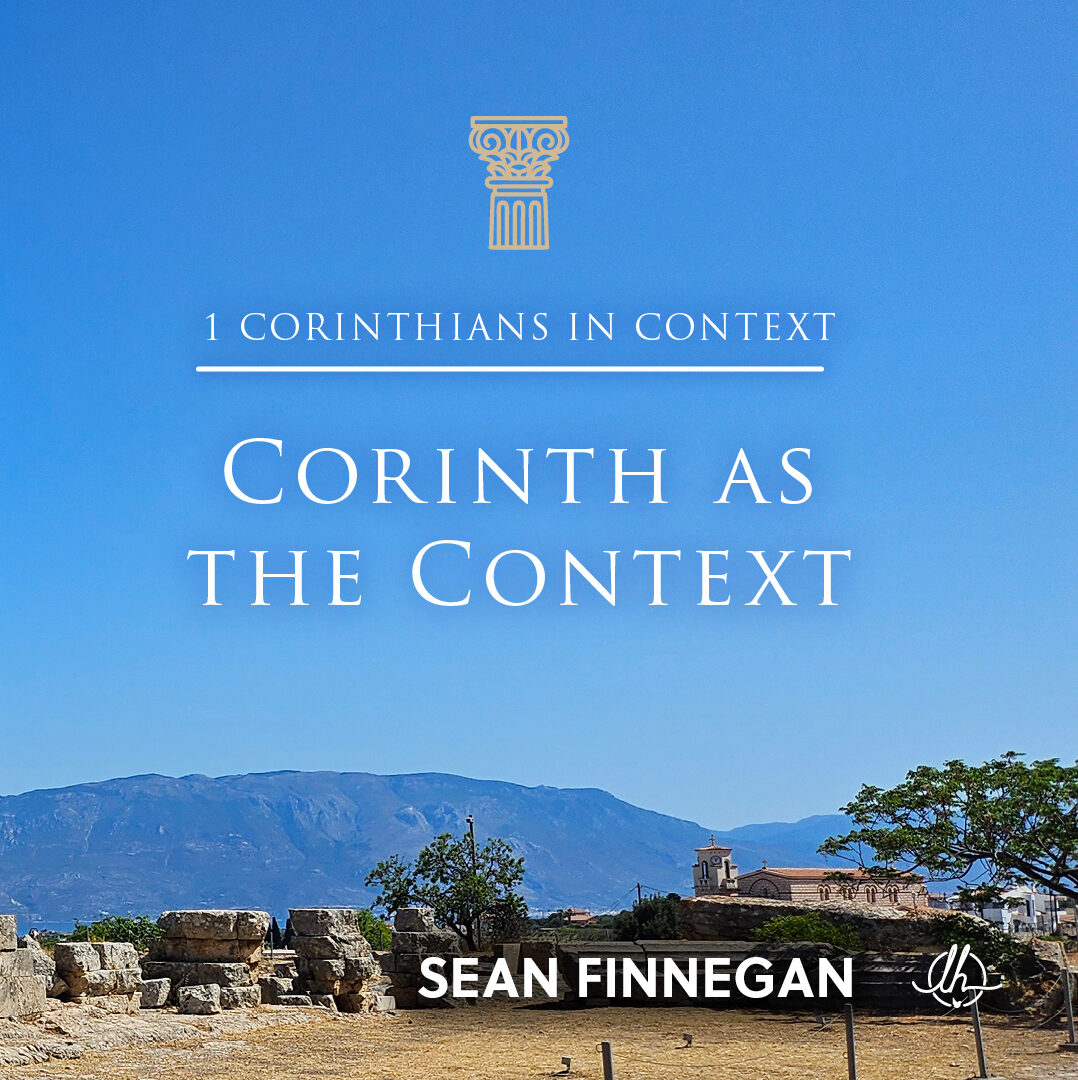


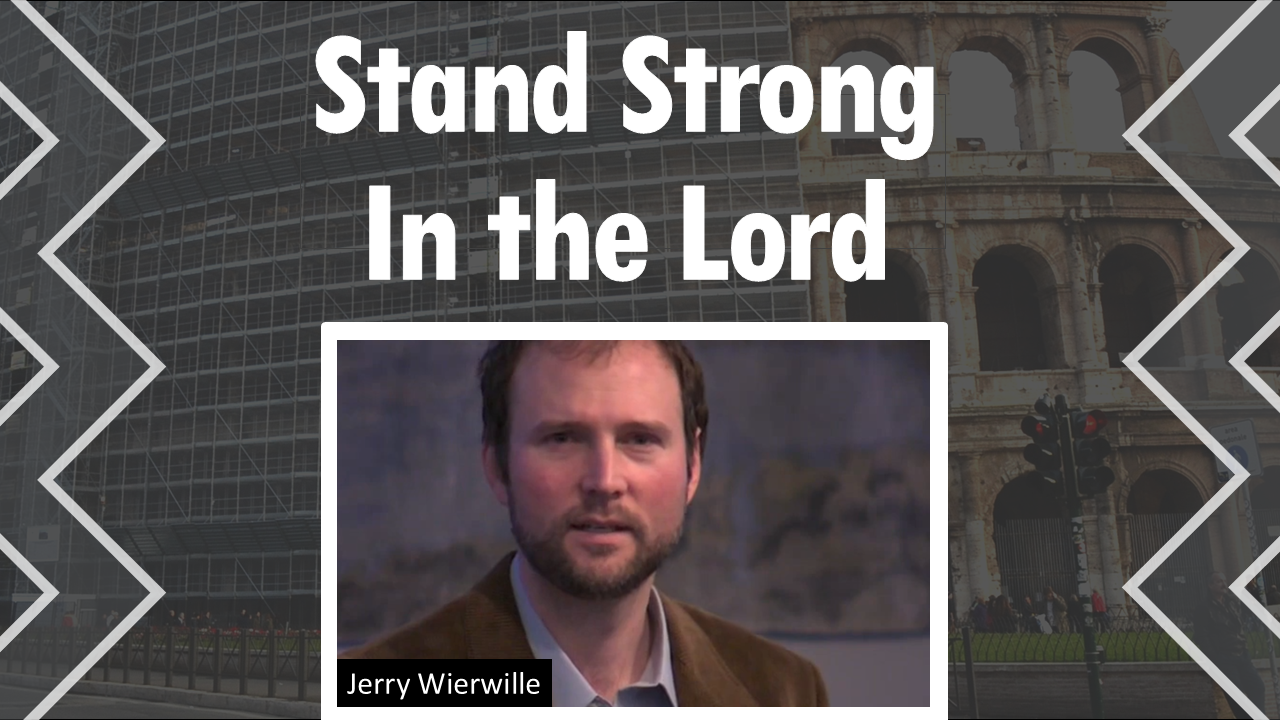
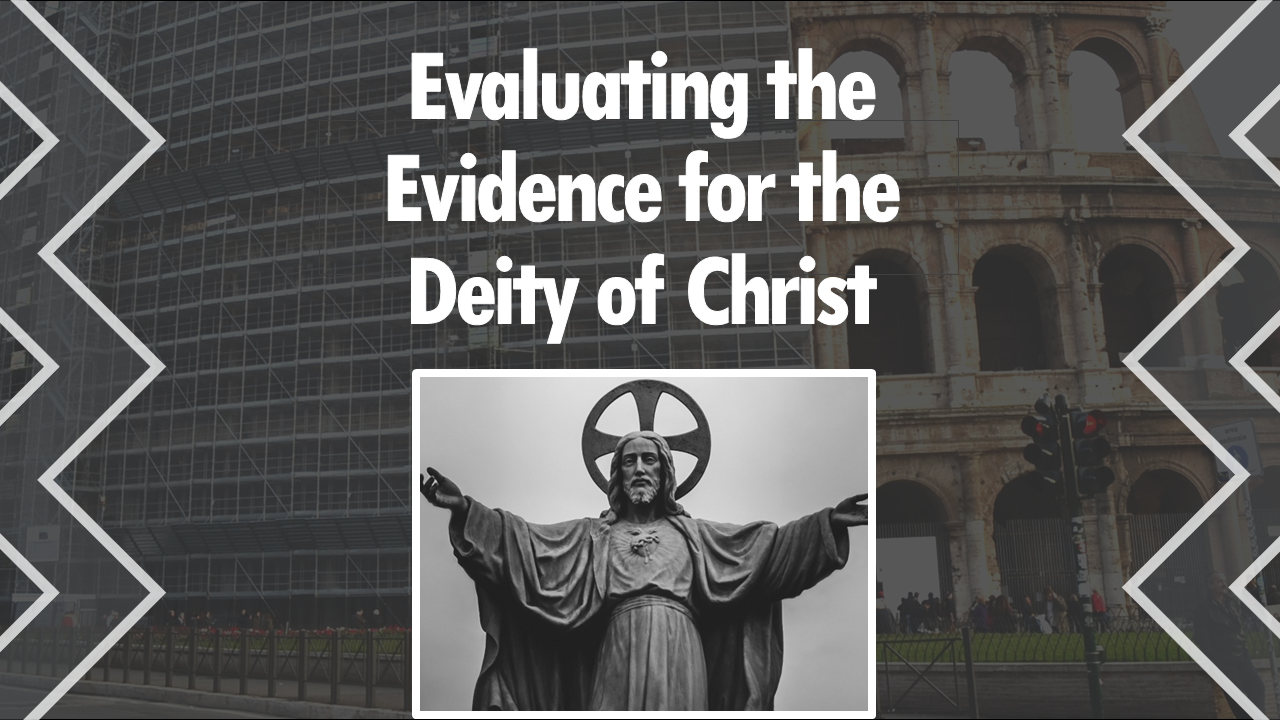
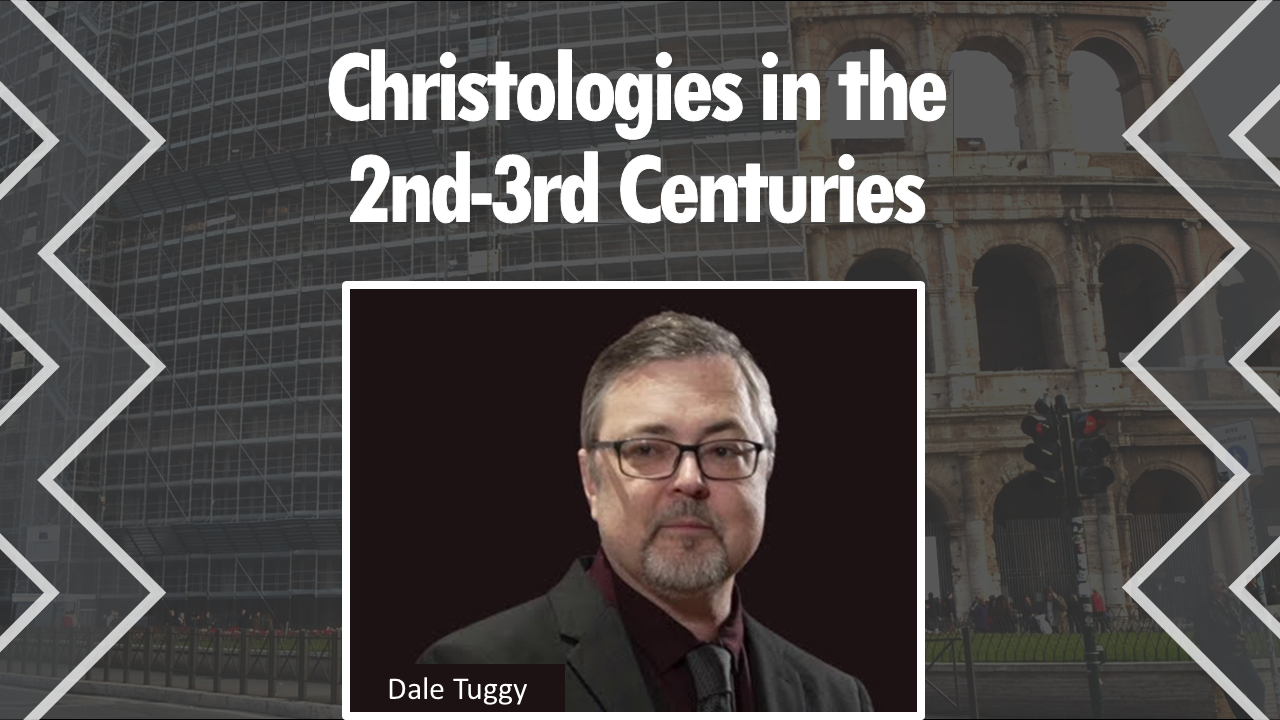
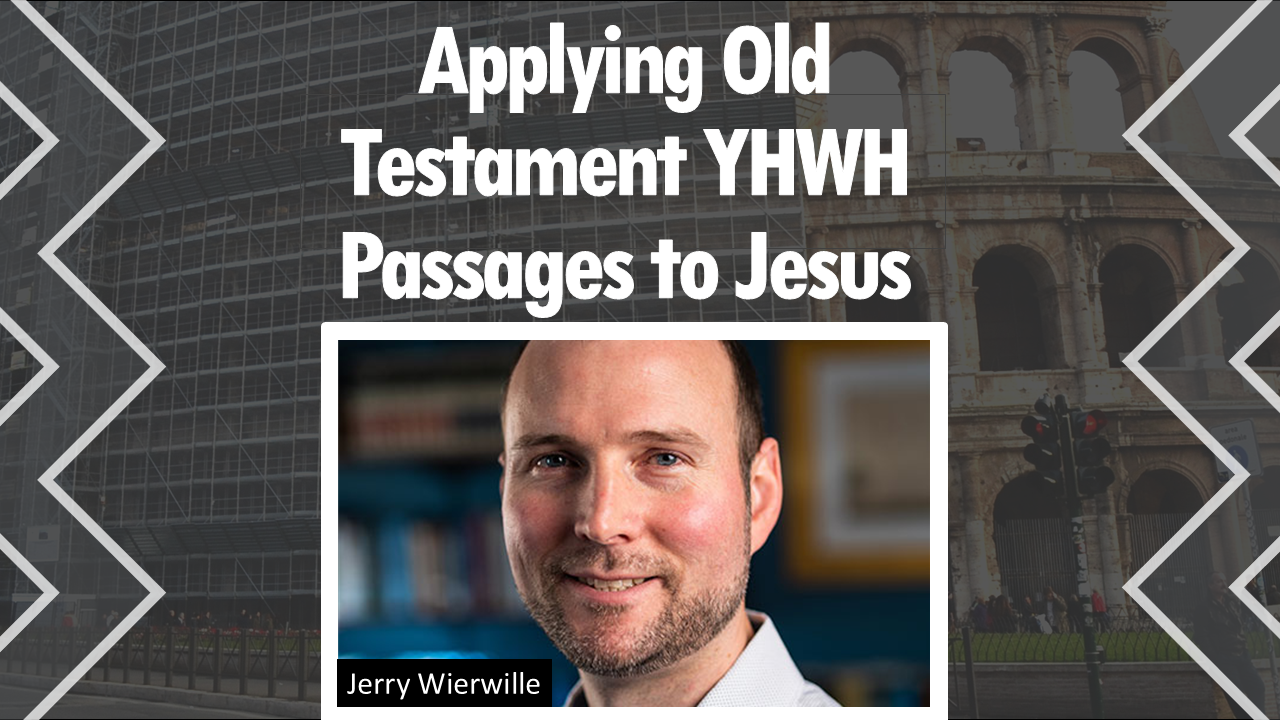
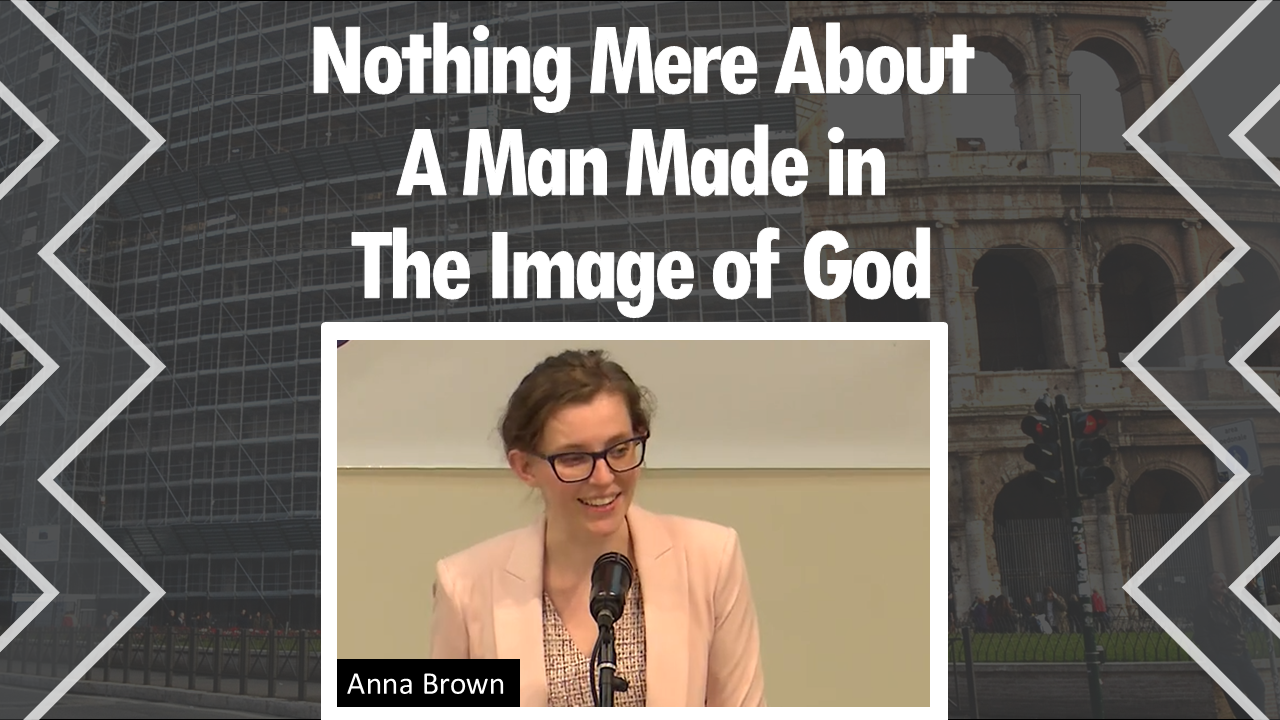
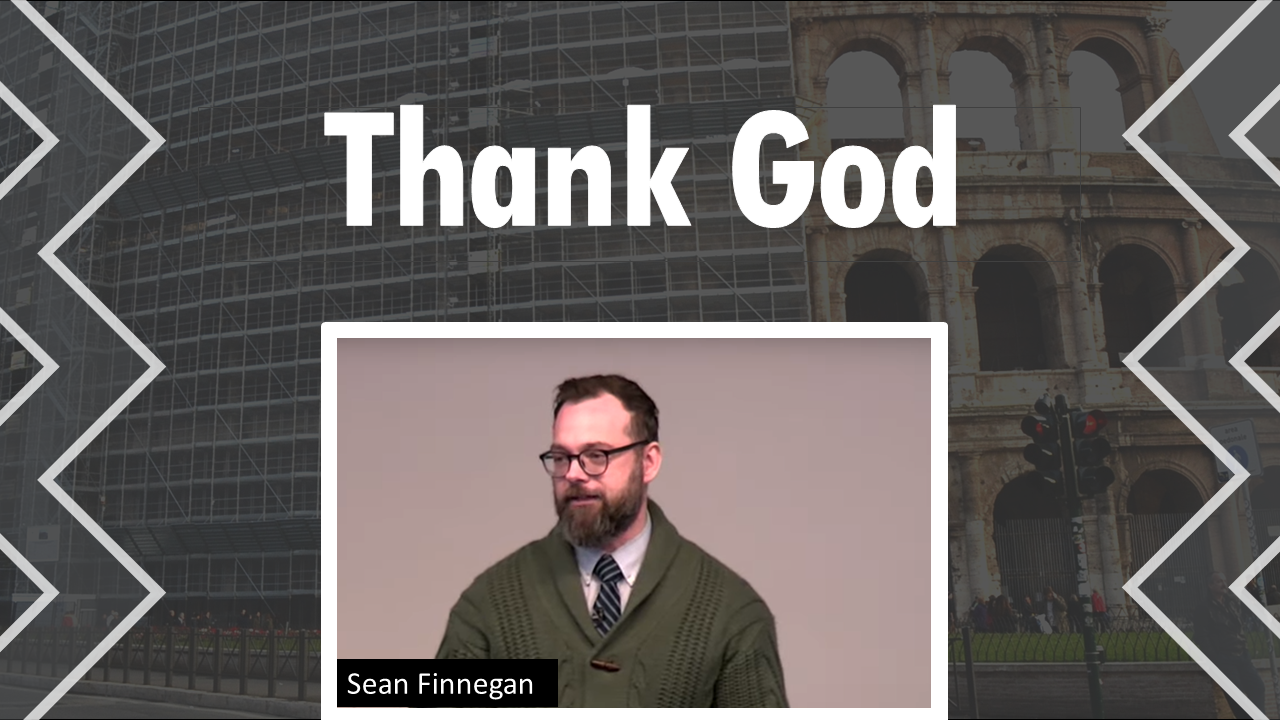

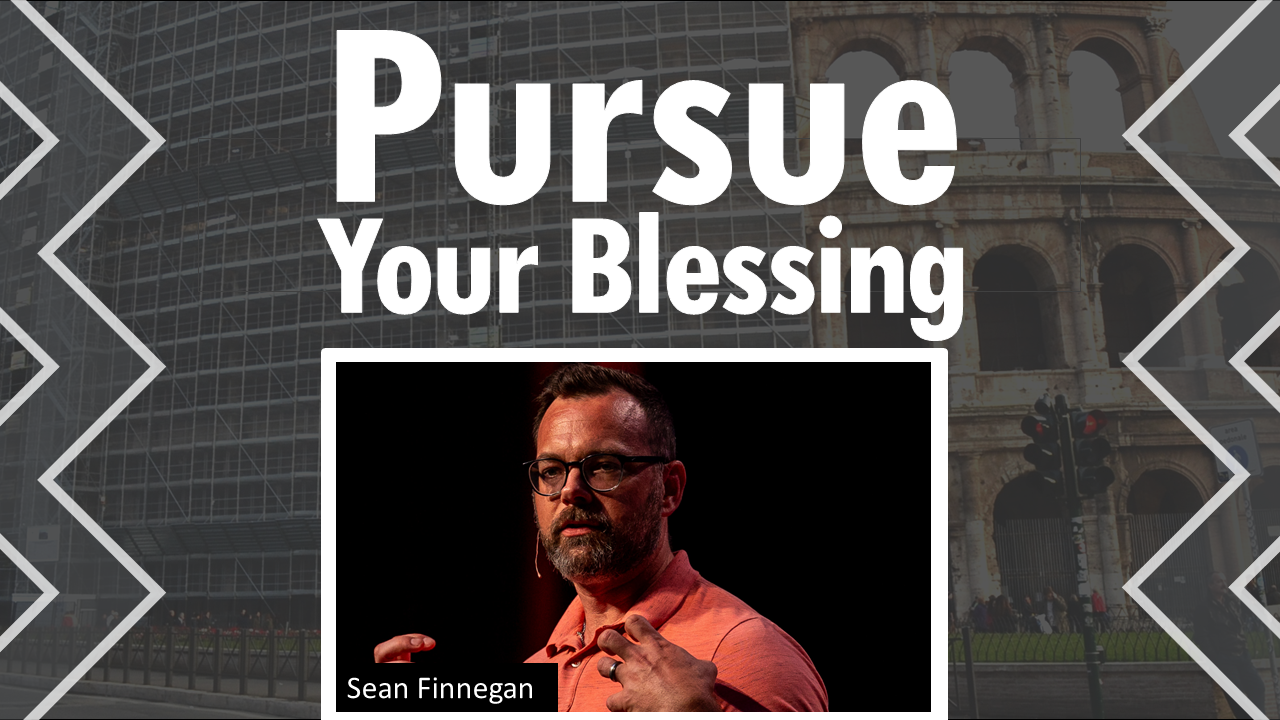

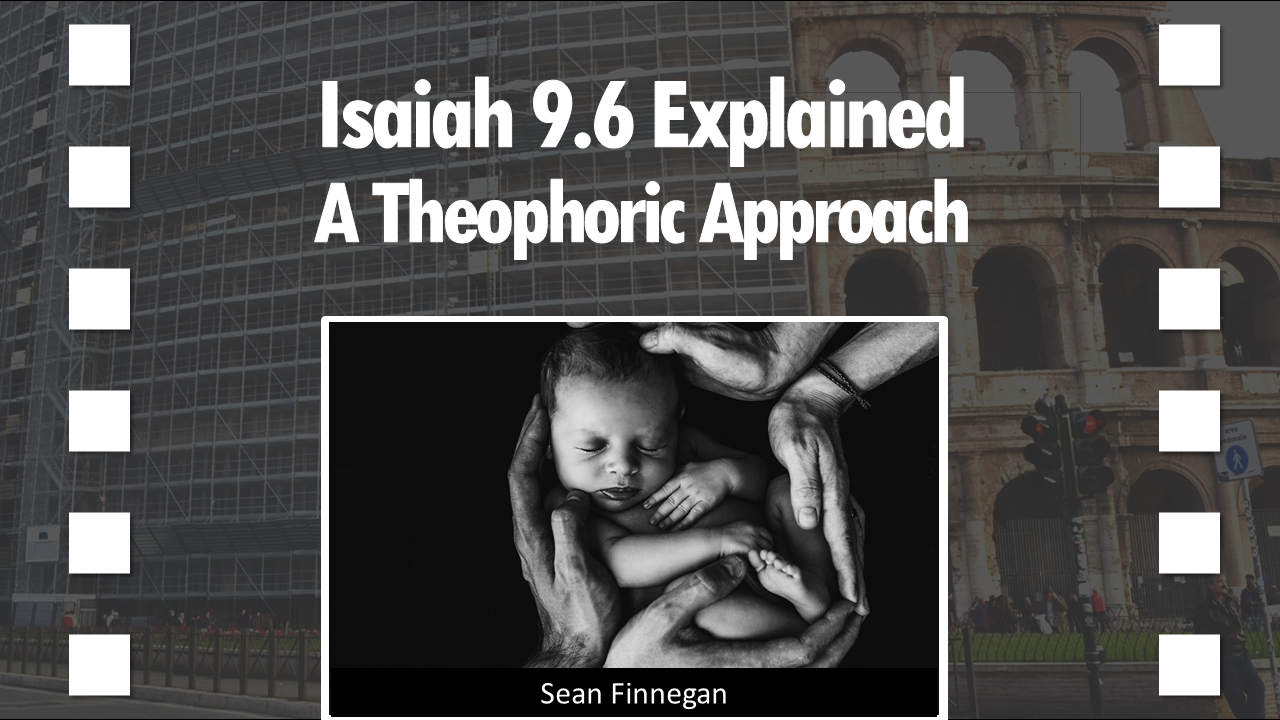

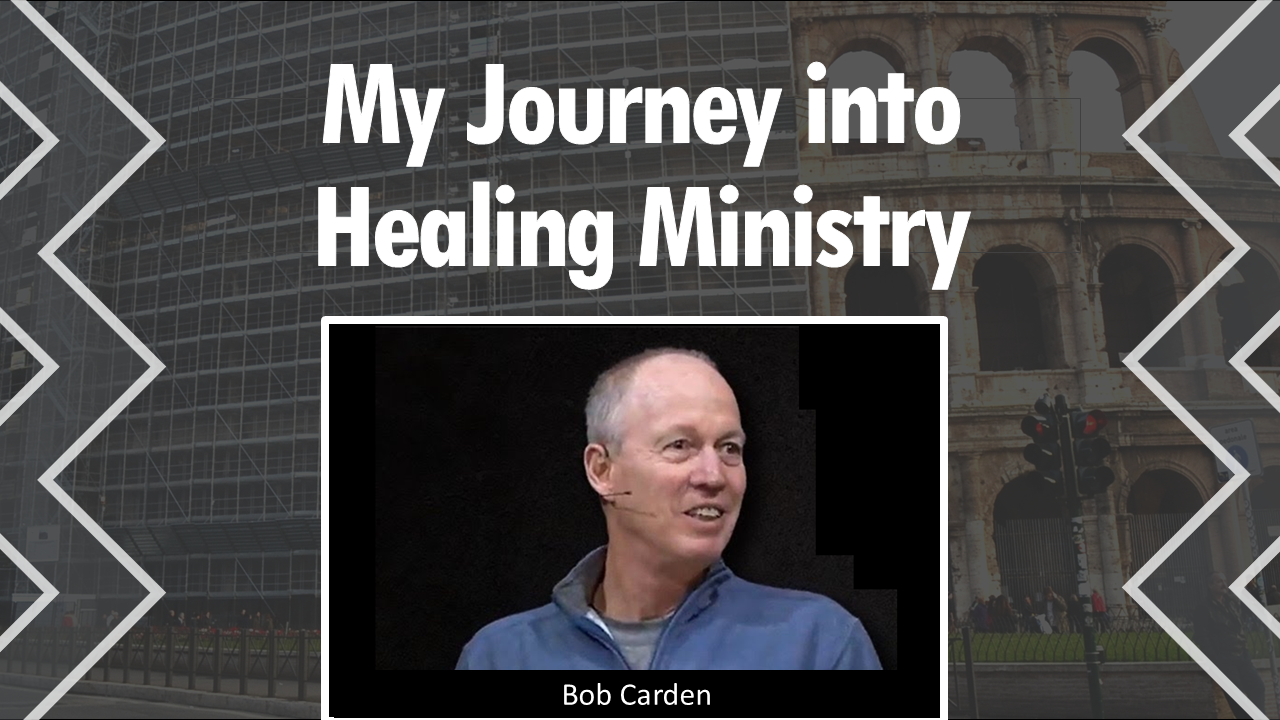
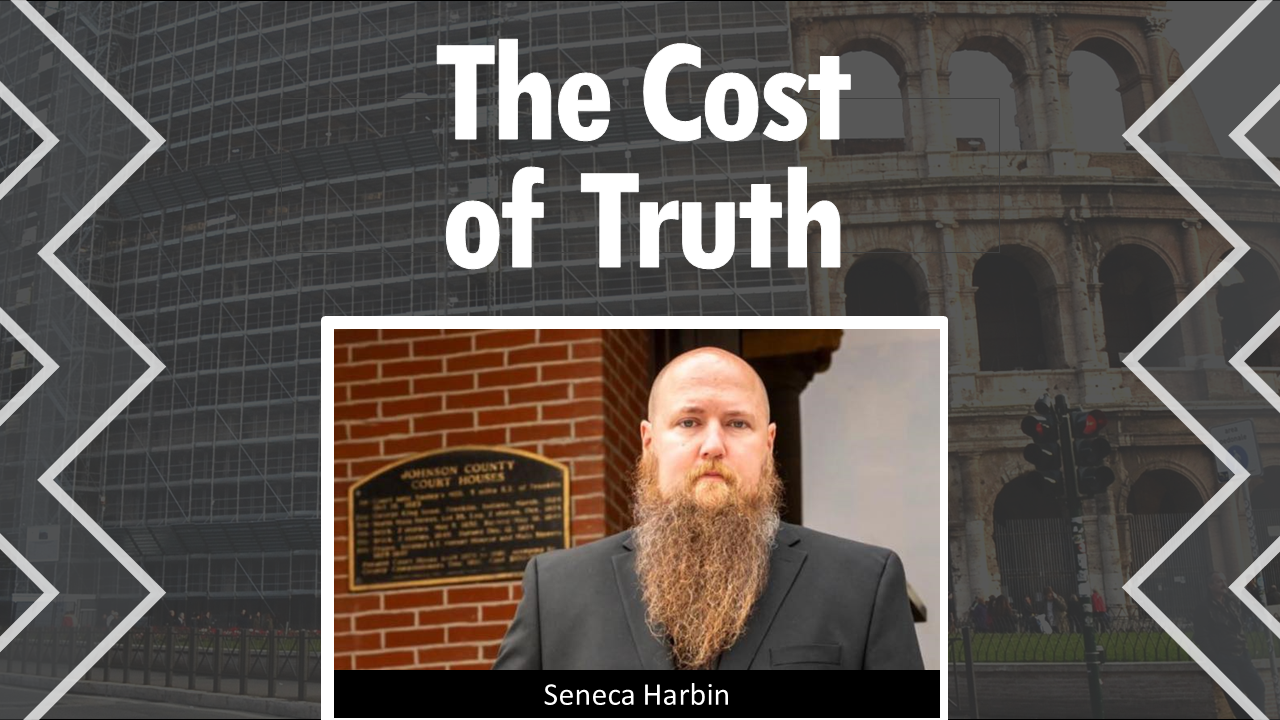
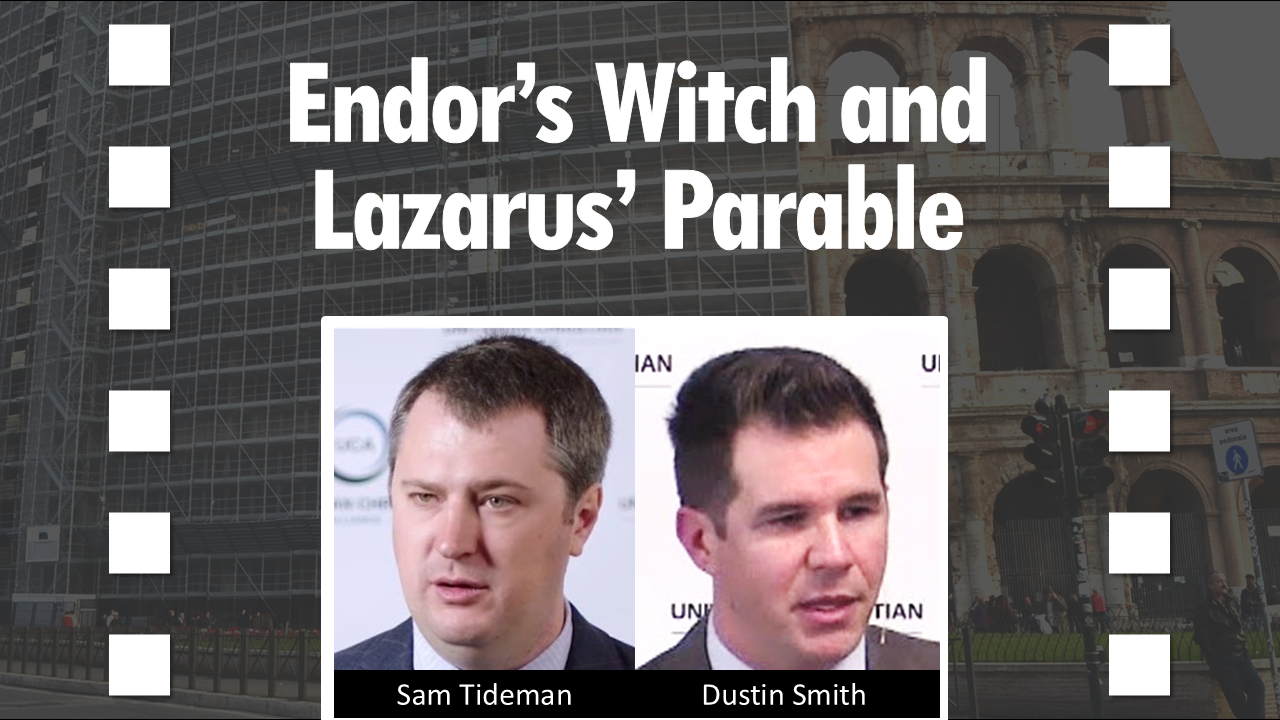
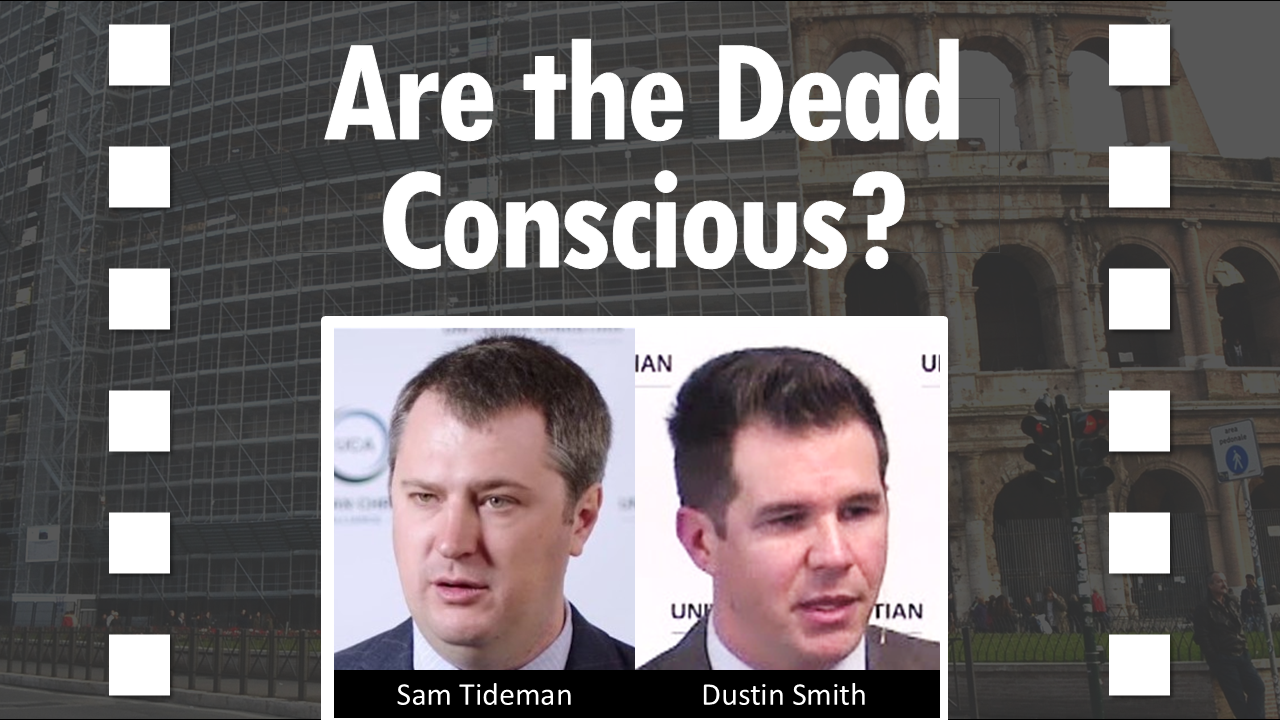




This is a very enlightening episode. I am not completely sold on his idea but I want to read Mr. Walton's book and look further into his theory.
Thank you Pastor Barlow and Pastor Finnegan for recording this episode, as soon as started practicing tithing since 2016, my income have exponentially increased. This I have personally experienced and I am amazed looking back when everything started changing. Many things came in place consistently, the connection with tithing was flagrant, since then I haven't missed to set aside my tithe from what I earn. I enjoyed to hear Pastor Barlow's multiple insights and inputs on tithing.